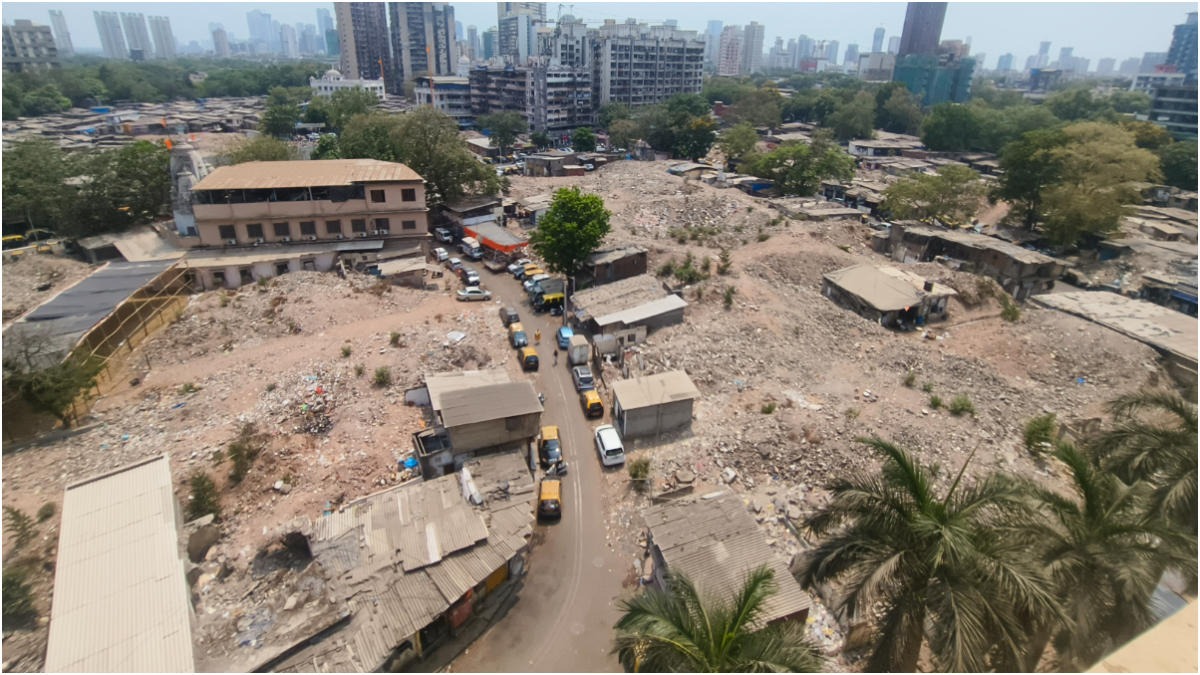Bombay HC Clears Way for Redevelopment of 25 Housing Societies at Sion’s GTB Nagar | Photo Credit: Vijay Gohil
Mumbai: The Bombay High Court has cleared the path for the redevelopment of 25 housing societies at Sion’s GTB Nagar, dismissing a petition by Lakh. Housing Corporation, a Navi Mumbai-based developer. The site, spanning 11.20 acres, will now be redeveloped under the Maharashtra Housing and Area Development Authority (MHADA), which has been appointed as the special planning authority for the project.
A bench of Justices Ajey Gadkari and Kamal Khata upheld a February 2024 Government Resolution (GR) mandating a bidding process for selecting private developers. The GR requires developers to meet financial conditions, provide rehabilitation units to 1,200 displaced families, and offer the highest housing stock or premium to MHADA.
Lakh. Housing Corporation argued it had secured consent from 909 families and spent ₹17.30 crore on preliminary work, asserting its vested rights in the redevelopment. However, the state government countered that Lakh.’s agreements with residents were neither stamped nor registered, rendering them legally non-binding. Advocate General Birendra Saraf also highlighted that the developer’s expenditure was minimal compared to the project’s estimated cost of ₹2,930.77 crore.

Bombay HC Clears Way for Redevelopment of 25 Housing Societies at Sion’s GTB Nagar | Photo Credit: Vijay Gohil
The court observed that 14 of the 25 societies supported MHADA’s appointment, with 716 of the 1,200 residents agreeing to MHADA’s plan. It also noted that 692 families, displaced since the demolition of their buildings in 2019, have been awaiting rehabilitation. The dilapidated structures, built for Punjabi and Sindhi refugees following India-Pakistan partition, were demolished by the BMC between 2019 and 2022 due to safety concerns.
Lakh.’s consents, obtained before the formation of cooperative societies, were deemed invalid by the court. The bench remarked that payments of Rs9.35 crore made by the developer to residents did not confer enforceable rights against MHADA.
Dismissing the petition, the court ruled there were no valid grounds to obstruct the tendering process. It emphasised the urgency of expediting the project to address the plight of displaced families. The court also rejected the developer’s request for a four-week stay on the judgement, stating the need to prioritise the interests of residents over the petitioner, who had approached the court without clean hands.
The redevelopment will proceed under Regulation 33(9) of the Development Control and Promotion Regulations for Greater Mumbai, 2034.

